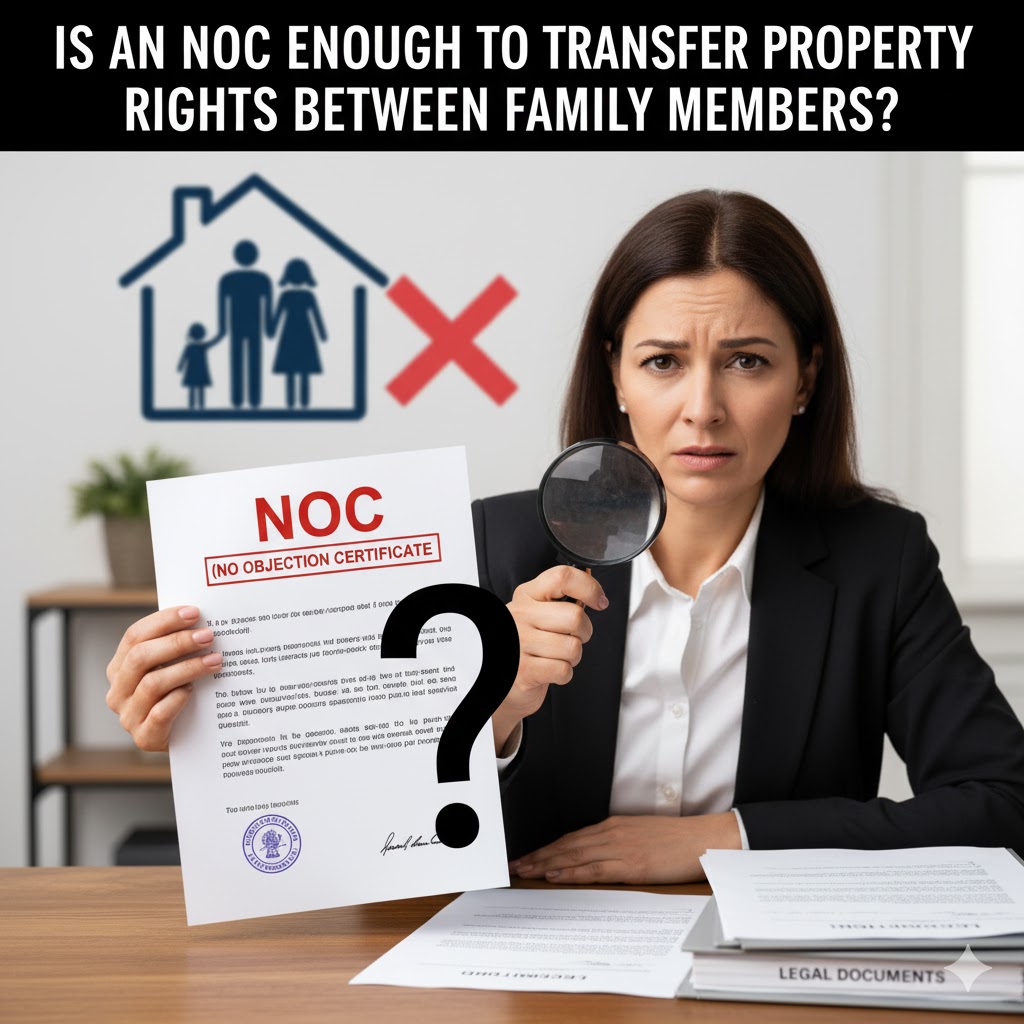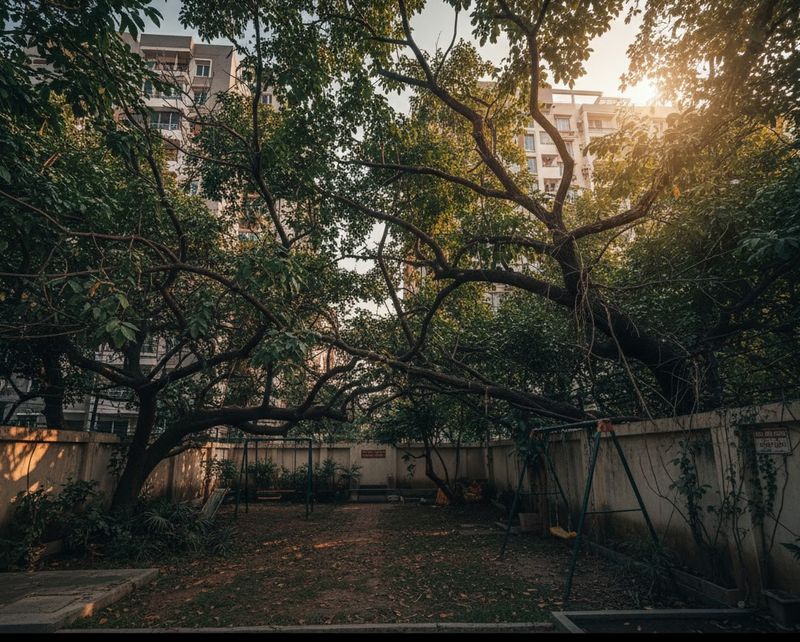In redevelopment projects, disputes often arise when the original developer is removed and replaced by a new one. Many homebuyers who invested in such projects face uncertainty about their rights. A similar situation has emerged in Goregaon, where a homebuyer booked a 2-BHK flat in June 2018, paid ₹40 lakh, and executed a registered agreement for sale. Later, the society terminated the developer due to breaches and engaged a new developer. The new developer, however, denied accommodating earlier buyers by relying on the Bombay High Court’s Vaidehi Akash judgment.
What the Vaidehi Akash Judgment States
The Bombay High Court, in the Vaidehi Akash case, ruled that a new developer appointed in a redevelopment project is not bound to accommodate buyers who had booked flats with the terminated developer. The Court held that such buyers can seek refunds, along with interest, from the original developer whose services were terminated. Importantly, this judgment was delivered under the pre-RERA regime, specifically under the Maharashtra Ownership Flats (MOFA) Act.
Why RERA Changes the Legal Position
With the enactment of the Real Estate (Regulation and Development) Act (RERA), the rights of homebuyers are far better protected. Section 15 of RERA directly addresses the obligations of a promoter when transferring a project to another party. The proviso to Section 15 clearly states that “such transfer or assignment shall not affect the allotment or sale of apartments made by the erstwhile promoter.”
This means that in case of a transfer, the rights of existing homebuyers remain intact. Even though Section 15 talks about “transfer” rather than “removal” of a developer in a redevelopment context, the principle remains: buyers with registered agreements should not lose their allotments merely because the society has appointed a new developer.
Role of MahaRERA in Protecting Buyers
When a society terminates a developer, it must apply to MahaRERA under Section 7 for revocation of the earlier developer’s registration. Section 7(4)(d) empowers MahaRERA to issue necessary directions to protect the interests of allottees. Furthermore, Section 8 gives the association of allottees the first right to carry forward and complete the project if the registration is revoked.
Thus, unlike under the MOFA regime, RERA gives formal recognition and protection to buyers. The earlier judgment in Vaidehi Akash cannot override the statutory protections granted by RERA.
What Buyers Can Do
If the new developer refuses to accommodate buyers with registered agreements for sale, affected homebuyers can:
-
File a complaint with MahaRERA citing Sections 7, 8, and 15.
-
Challenge the developer’s refusal in the High Court, highlighting that the Vaidehi Akash judgment was pre-RERA and not applicable under the current legal framework.
-
Seek directions to ensure that their allotments are recognized in the ongoing redevelopment project.
Conclusion
The Vaidehi Akash judgment cannot be used to deny legitimate rights of buyers who already have registered agreements under RERA. Homebuyers should invoke the protective provisions of RERA to safeguard their investment and secure possession of their allotted flats. The society and the new developer are bound to act in line with RERA obligations, ensuring that buyers are not left stranded due to disputes between developers and societies.






